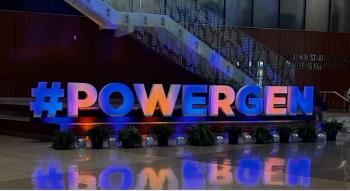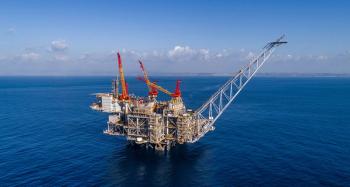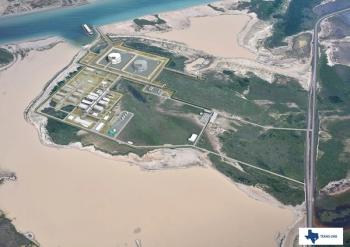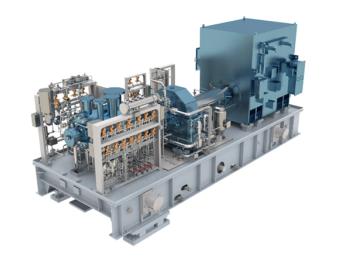
ExxonMobil Begins Deepwater Production in Brazil’s Bacalhau Field
Key Takeaways
- Bacalhau field's development marks a significant step in global deepwater expansion, with 220,000 barrels per day production capacity and over 1 billion barrels of reserves.
- ExxonMobil's Baytown facility will supply Marubeni Corp. with low-carbon ammonia, aiding Japan's decarbonization in power, steel, and other sectors.
The field’s advanced floating production, storage, and offloading vessel is equipped with high-pressure gas compression, combined-cycle power generation, and more.
ExxonMobil Brazil, Equinor, Petrogal Brazil, and PPSA commenced oil production at the
The Bacalhau field will deliver 220,000 barrels per day of production capacity, with Phase 1 reserves estimated at over 1 billion barrels of oil equivalent. Its discovery well was drilled in 2012 and Equinor became the primary operator in 2016, but ExxonMobil Brazil will manage the offloading and transporting of the crude oil share. The project shares are:
- ExxonMobil Brazil (40%)
- Equinor (40%)
- Petrogal Brazil (20%)
This kickoff represents the first greenfield pre-salt development in Brazil by an international operator, with Bacalhau’s first oil driving technological development and bolstering the country’s energy industry. It also cements ExxonMobil’s position in global deepwater basins and prepares Brazil for future growth in the frontier exploration space.
Baytown Facility
In May 2025,
ExxonMobil’s Baytown facility, expected to be the largest-of-its-kind once commissioned, will produce low-carbon ammonia and hydrogen with approximately 98% of CO2 removed. Per year, the facility is slated to produce over 1 million tons of low-carbon ammonia and, on a per-day basis, up to 1 bcf of low-carbon hydrogen. The company anticipates a final investment decision in 2025, pending additional governmental policy support and the required regulatory permits.
The Kobe power plant intends to co-fire this low-carbon ammonia supply with current fuels to minimize CO2 emissions by fiscal year 2030. Marubeni will leverage this supply chain to decarbonize various Japanese sectors, such as power, steel manufacturing, chemicals, transportation, and other hard-to-abate sectors.
Recently, ExxonMobil agreed to transfer and permanently store up to 2 MTPA of CO2 from Calpine’s
Engineering, permitting, and additional development work are underway at Calpine’s Baytown CCS project, which will generate approximately 500 MW of low-carbon electricity and steam to power over 500,000 Texas households and industrial users, respectively. The project, expected to create construction and permanent, skilled positions, is designed to capture the Baytown Energy Center’s CO2 emissions.
Carbon Storage
In mid-October 2024, ExxonMobil signed the
Newsletter
Power your knowledge with the latest in turbine technology, engineering advances, and energy solutions—subscribe to Turbomachinery International today.




